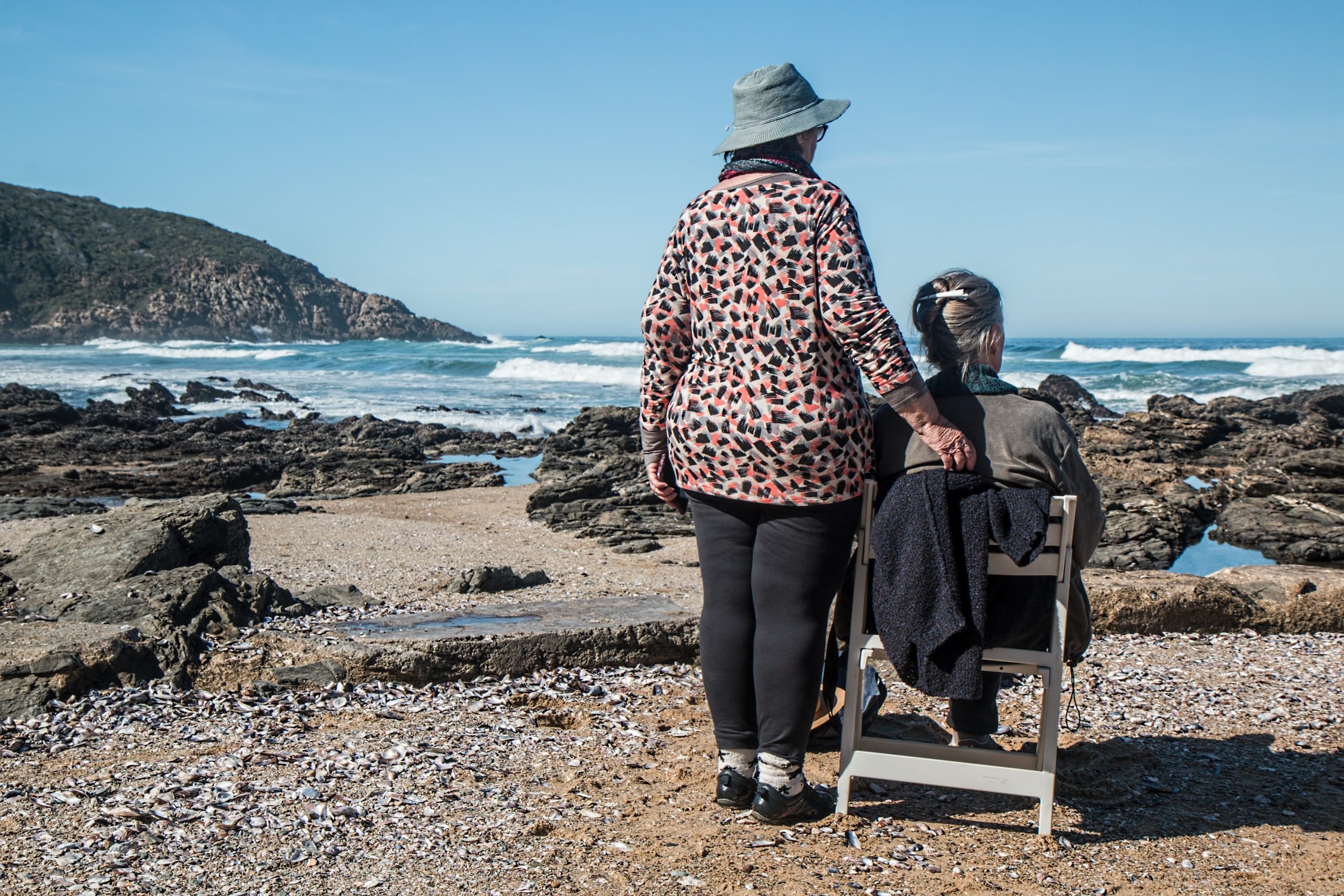Understanding Power of Attorney for Senior Care

The image is not directly related to the article. It merely symbolizes the life of elderly people.
Understanding Power of Attorney for Senior Care
What is Power of Attorney?
Why is Power of Attorney important for senior care?
Power of Attorney is important for senior care because it allows a designated person to make important decisions on behalf of the senior, who may be unable to make decisions due to physical or mental limitations. This can include decisions related to healthcare, finances, and other legal matters.
What are the different types of Power of Attorney?
There are several types of Power of Attorney, including:
- General Power of Attorney: gives the agent broad authority to act on behalf of the principal in legal and financial matters
- Special Power of Attorney: gives the agent limited authority to act on behalf of the principal in specific situations
- Durable Power of Attorney: remains in effect even if the principal becomes incapacitated
- Springing Power of Attorney: only goes into effect if the principal becomes incapacitated
How do you create a Power of Attorney document?
To create a Power of Attorney document, you will need to follow the specific legal requirements of your state. This typically involves filling out a form or drafting a document that outlines the powers given to the agent, signing the document in front of witnesses, and having it notarized. It is recommended to consult with an attorney to ensure the document is legally binding and meets your specific needs.
Can a Power of Attorney document be revoked?
Yes, a Power of Attorney document can be revoked at any time by the principal, as long as they are of sound mind and able to make decisions. This can be done by creating a new document that revokes the previous one, or by notifying the agent in writing that their powers have been revoked.
What happens if there is no Power of Attorney in place?
If there is no Power of Attorney in place and the senior becomes incapacitated, it may be necessary for a court to appoint a guardian or conservator to make decisions on their behalf. This process can be time-consuming, expensive, and may not result in the appointment of the person the senior would have chosen as their agent. Having a Power of Attorney in place can help avoid this situation.
The image is not directly related to the article. It merely symbolizes the life of elderly people. Understanding Power of Attorney for Senior Care What is Power of Attorney? Power of Attorney is a legal document that allows one person to make decisions on behalf of another person. This document gives the designated person, called…
Recent Posts
- Empowering Caregivers: The Best Online and Offline Resources to Enhance Your Skills
- Traveling with a Purpose: The Rise of Volunteer Vacations
- Breaking Stigma: Dispelling Myths about Mobility Aids and Disability
- Avoiding Probate: How Trusts Can Simplify the Estate Settlement Process
- Senior Citizens Beware: Common Financial Scams and How to Stay Protected

